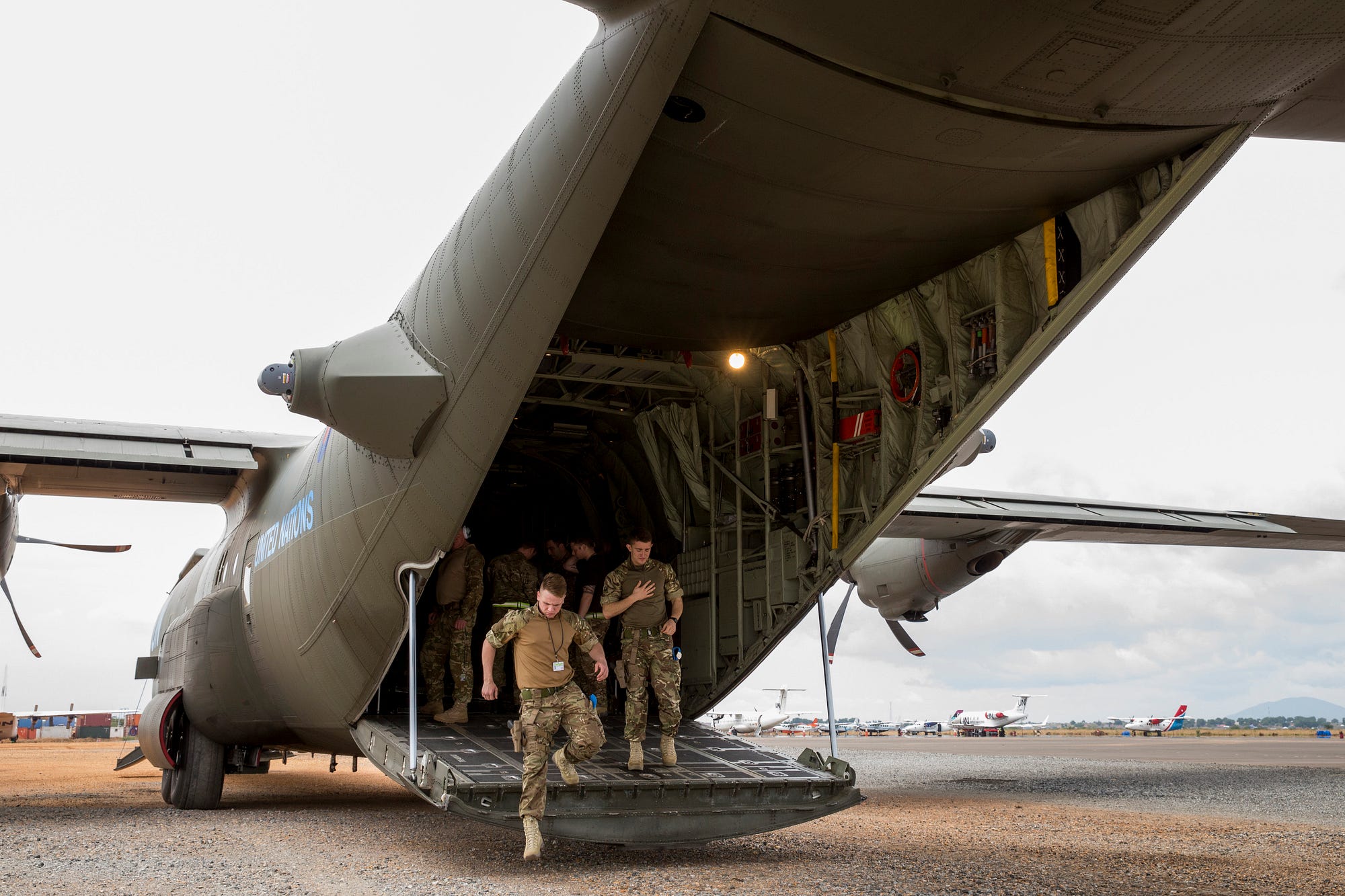PARVATHI MENON
April 6, 2015
The number of British women who have gone to Syria to join the jihadist forces of the Islamic State has been slowly growing. Women are believed to account for around 10 per cent of the approximately 600 British citizens who have left for Syria since the conflict began in 2013. Most of them are young, some no more than 15 and 16. They are won over after a phase of “grooming”, primarily conducted online in a parallel world hidden from home, family and school. Though the numbers of foreign women, at least from Britain, crossing over to Syria, are relatively small, they are significant as they point to a new phase of occupation of Iraq and Syria by the Islamic State (IS). For the long-term stability of the new power structure, jihadist fighters who have come from abroad must be allowed to start families that will eventually replace the families they have left behind and may never see. Obedient wives who can manage the domestic front and bear children are therefore important for the consolidation of the IS, and must be recruited from the same countries and societies as the fighters come from.




















